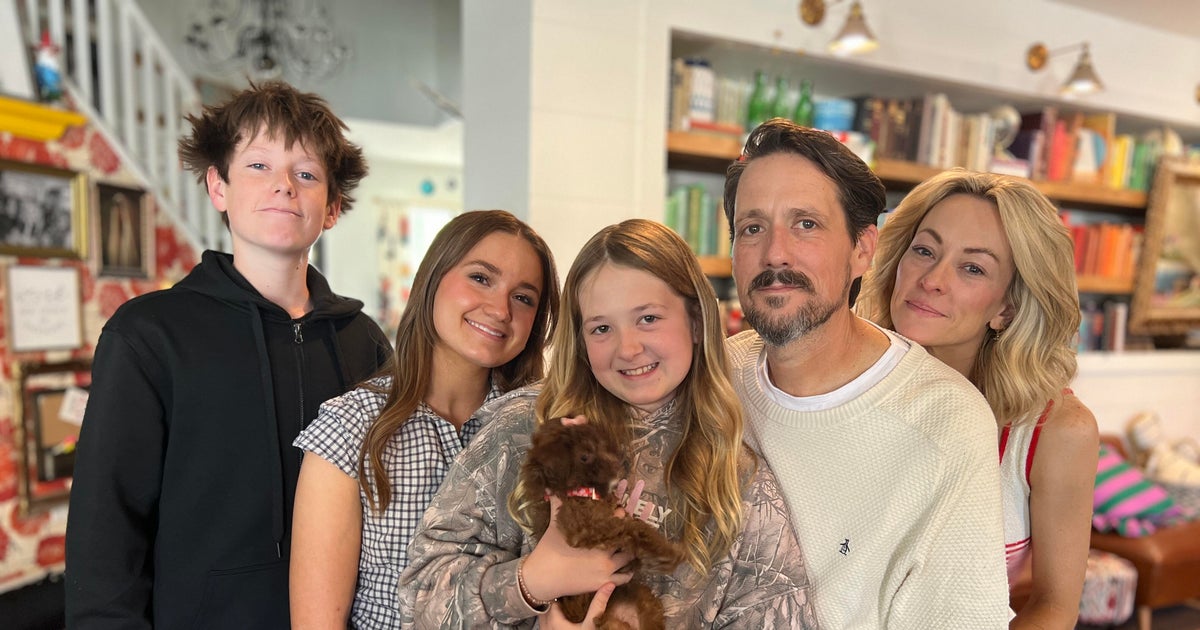In late 2020, Curtis Jackson, a dedicated father of three, felt in peak condition when he decided to update his life insurance policy. Although he was enjoying a healthier lifestyle than in recent years, he wanted to secure his family’s future in case of unforeseen circumstances. However, a routine check-up would soon reveal a shocking health crisis.
At 46, Jackson underwent a comprehensive physical examination. Everything appeared normal until he received an unsettling phone call regarding a questionnaire he had completed. Although he had honestly indicated that he abstained from alcohol, medical staff informed him that his liver function tests were indicative of a “functioning alcoholic,” prompting a thorough investigation.
Alarmed, Jackson visited his primary care physician for additional bloodwork, which led to suspicion of a gallbladder issue. However, during the surgical removal of his gallbladder, doctors identified an unusual condition known as primary sclerosing cholangitis (PSC). This chronic, progressive disease inflames bile ducts and can lead to serious liver damage, often necessitating a transplant. It also carries a concerning risk of developing cholangiocarcinoma, a rare and aggressive bile duct cancer.
Recognizing the critical nature of early treatment, Jackson began semi-annual MRIs at the Mayo Clinic in Arizona to monitor his health. Along with regular tests to track his PSC, Jackson faced increased anxiety during an October 2024 appointment when a technician’s demeanor indicated potential concerns. “She didn’t say that it was cancer, but she was hinting towards it,” Jackson recalled.
Three weeks later, the feared news arrived: tests confirmed he had been diagnosed with cholangiocarcinoma. The diagnosis felt like a painful déjà vu after his PSC discovery. “I was feeling fine… and both times netted a result of something pretty serious,” he said.
Cholangiocarcinoma, often termed a silent killer, tends to be diagnosed at advanced stages due to its ability to spread undetected. Dr. Tanios Bekaii-Saab, the head of hematology and medical oncology at the Mayo Clinic and Jackson’s oncologist, noted that most patients are too late for a cure. Dr. Aqel Bashar, director of the center’s transplant program, indicated that while about 20% of PSC patients develop this cancer, the prevalence is rising; diagnoses have surged over 50% in the past ten years.
Only a liver transplant can effectively treat cholangiocarcinoma, but eligibility often depends on early detection; many patients miss this opportunity. Fortunately for Jackson, his cancer was caught early enough to act. He underwent three weeks of chemotherapy and radiation therapy aimed at reducing tumor burden. “Basically, I lived at Mayo Clinic. I would literally do work out of the parking lot, and then go and do radiation,” he shared.
Although he lost around 30 pounds during treatment, Jackson remained optimistic and encouraged his wife to pursue a long-planned kitchen renovation. Midway through the project, the family received the life-changing news that a liver donor was available.
On March 6, he entered surgery, which lasted four hours. Six days later, he was discharged with doctors confirming he was cancer-free. For the next year, he will undergo weekly blood tests and monthly check-ups to ensure ongoing health and monitor potential cancer recurrence.
Now focusing on family life, Jackson describes his routine as “pretty close to normal,” although he still manages physical limitations and is regaining his strength. “Things are definitely getting back to normal, which is really exciting. I wasn’t expecting that so fast,” he expressed. “I am just so thankful that I was able to bounce back so quickly.”
As the Jackson family completes their kitchen renovations and plans a summer vacation to North Carolina, Curtis expresses a desire to share his journey to help others and advocate for organ donation. “I have a new passion now,” he said. “I’m here because of these things. I would like to help this going forward and make sure people are learning the importance of donation.”

